Ethiopia’s new Prime Minister, an ethnic Oromo, has brought reforms and a peace plan to his country and its old foe Eritrea. But will he be able to keep the peace among Ethiopia’s own troubled ethnic groups?
The prospect of peace with neighboring Eritrea may be another feather in the cap of Ethiopia’s new Prime Minister, Abiy Ahmed.
Eritrea, a small country in the Horn of Africa bordered by Sudan, Ethiopia and Djibouti, won independence from Ethiopia in 1993 after a brutal 30-year war, a conflict where as many as 80,000 are believed to have been killed. Eritrea had been under Italian control, then British control, then an autonomous region within Ethiopia established by the United Nations, before Ethiopia annexed it in 1962 sparking the war.
Tensions between Eritrea and Ethiopia have always remained high, while the one-party Eritrean government has ruled through fear, abuse and the perceived threat of war with Ethiopia. According to Human Rights Watch, the Eritrean government’s human rights record is among the worst in the world.
Yet, this week, Ethiopia’s new PM, a 41-year-old former army intelligence officer who rose to the rank of lieutenant colonel, broke the ice with a surprising offer. Mr. Abiy agreed to honor the terms of a UN brokered peace deal that had ended a 1998-2000 border war, and cede the disputed town of Badme to Eritrea.
Eritrean President Isaias Afwerki agreed to send delegates in response to the peace overtures from Mr. Abiy.
“We will send a delegation to [Addis Ababa] to gauge current developments directly and in depth as well as to chart out a plan for continuous future action,” Isaias said on Wednesday.
Then today, in a surprising statement released on their Facebook page, the opposition political organization Ginbot 7 (“15 May”), an exiled pro-democracy party labelled a terrorist group in 2011, said it would suspend hostilities in support of Mr. Abiy’s reforms.
According to a written statement:
“As of today June 22, 2018, Patriotic Ginbot 7 has suspended all self-defense operations using firearms in all regions of Ethiopia. Our forces have received strict orders to refrain from any form of armed resistance.”
The statement cites as a reason, “The steps being taken by the reformist group within the governing coalition led by Prime Minister Abiy Ahmed have given us a ray of hope that peaceful transition to genuine democracy, our long-standing objective, is a real possibility.”
Mr. Abiy, who has been advocating broad reforms for Ethiopia, is the first PM in the country’s history to openly identify as Oromo. Although the Oromo ethnic group makes up a third of the country’s population of 105 million, the minority Tigre group, led by the Tigrayan party, has long controlled the political and economic landscape of Ethiopia, despite some Oromo rulers in Ethiopia’s history. As reported by Lima Charlie News, Ethiopia has been in and out of states of emergency for the better part of three years due to unrest within the Oromo. The most recent state of emergency was implemented in February, when the former prime minister resigned in the face of a wave of Oromo protests.
Highly educated (he’s the former minister of science and technology) and charismatic, Abiy often delivers speeches in multiple languages, including English, to appeal to the country’s diverse ethnic groups. Mr. Abiy’s success hinges on his ability to build consensus between the multiple member parties of the ruling coalition.
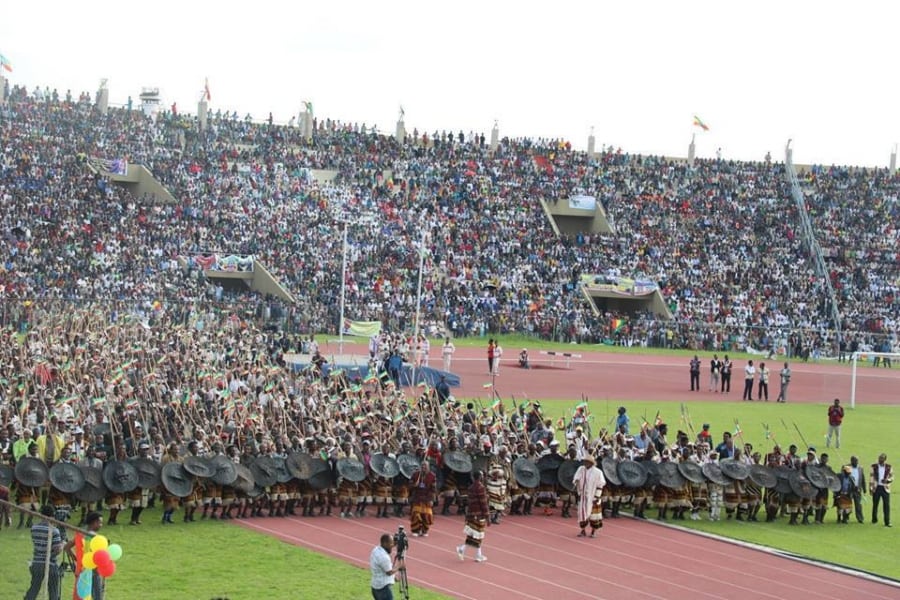
Until 2010, Mr. Abiy served in the Ethiopian military, after which the novice politician immediately went on a tour of the country to build unity. Reform followed Abiy’s rallies.
Ethiopia has been using anti-terrorism laws to crack down on the Oromo protesters, and Abiy has been rolling back terrorism charges against activists, such as Andargachew Tsige, a British citizen who was on death row. The new Ethiopian government is also attempting to lure opposition media outlets back to the capital after years of attacks from previous governments on freedom of the press.
Peace and Prosperity?
On June 5th, representatives of the parties composing the ruling coalition of Ethiopia announced that they would accept the UN brokered 2000 peace deal with neighboring Eritrea. Due to border conflicts that included a dispute over Badme, Ethiopia refused to withdraw its forces, until now.
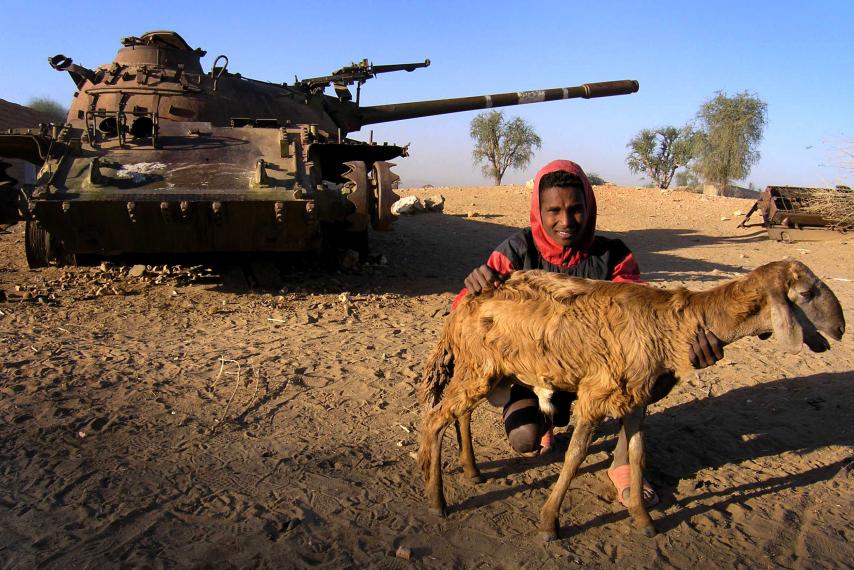
The Eritrean government had yet to respond officially to the Ethiopian announcement until this week. Unofficially, Eritrean state-run media had answered the apparent olive branch with barely-bridled derision. Residents of the border area also expressed concerns and discontent with the news. Many citizens and onlookers remain skeptical that Ethiopia will follow through on its word, and there are no indications of withdrawal of troops in Badme yet. Nevertheless, Eritrea’s Afwerke called the recent peace overtures “positive signals.”
Mr. Abiy’s vision for peace is in large part an economic one.
“Every Ethiopian should realise that it is expected of us to be a responsible government that ensures stability in our region, one that takes the initiative to connect the brotherly peoples of both countries and expands trains, buses, and economic ties between Asmara and Addis Ababa,” Abiy said.
Lima Charlie has previously reported on the push by various foreign powers, including China, Turkey, the UAE and Saudi Arabia, to connect infrastructure to, and capitalize on, Ethiopia’s landlocked potential.
On June 5th the ruling Ethiopian People’s Revolutionary Democratic Front (EPRDF) announced that it would reverse 27 years of economic policy. “The governing party has agreed for stake sales/mixed ownership in state-owned enterprises in energy, telecom, logistics and aviation sectors while preserving the dominant role for the state,” said Fitsum Agera, Mr. Abiy’s chief of staff.
The EPRDF has pursued a state-led economic model since it assumed power in 1991. This old school economic model (of state owned monopoly industries) has performed remarkably well, and Ethiopia is expected to lead all of Africa with 8.5% growth for 2018.
Nevertheless, 8.5% is down from the 10% average the country had enjoyed over the preceding decade.
Of particular concern is youth unemployment, which declined until it leveled off in 2013, but has been rising since 2015 at a rate of 7% to 7.5%. While such an increase may not appear to be an alarming statistic on the surface, given the facts that 70% of the country is under 30 and the prior PM lost his job among youth led protests, Mr. Abiy is wise to keep an eye on it.
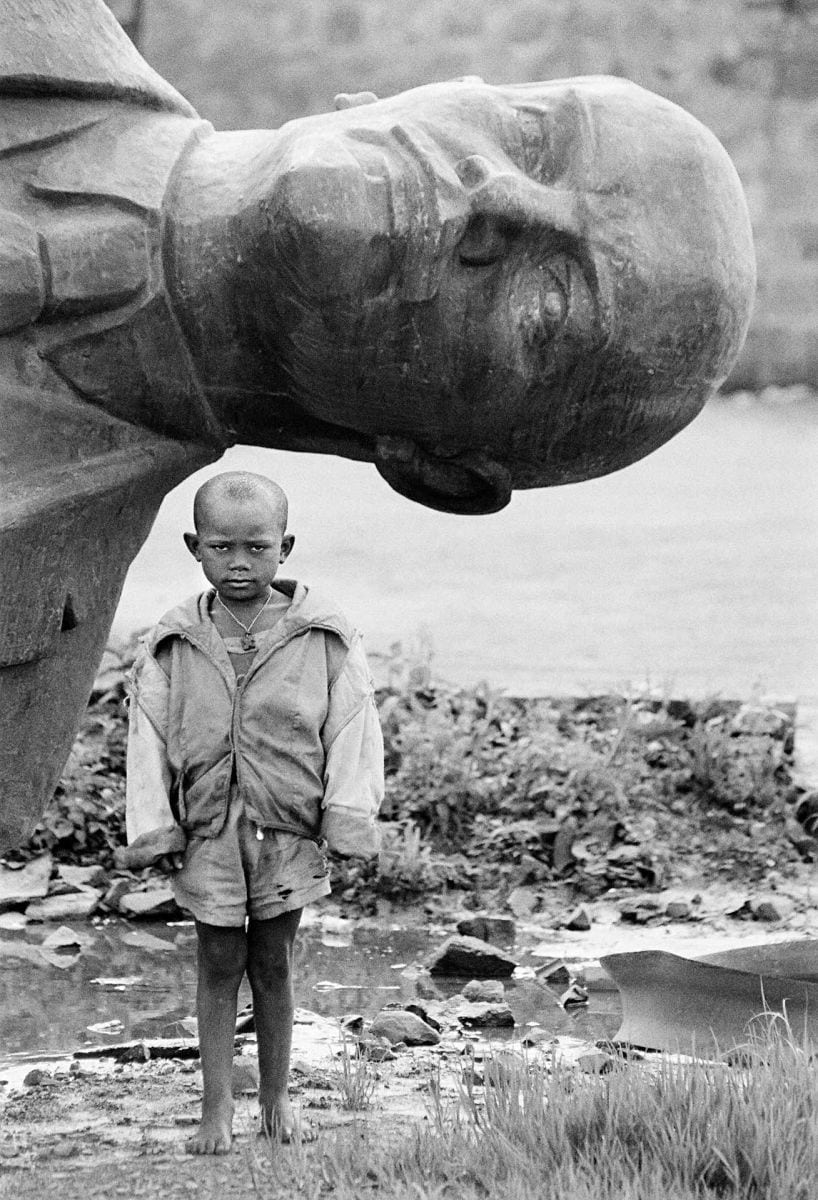
Another alarming statistic that the PM is attempting to reverse is a decrease in foreign direct investment by 10% over the last year, and the IMF is adding Ethiopia to its list of countries with ‘high’ debt risk because of its 60% debt to GDP ratio. This drop off was partially inevitable, as Ethiopia was a substantial benefactor from a wave of Chinese investment in East Africa, which is now declining. The enormous spending that took place to fund the infrastructure projects China proposed has left Ethiopia with an extreme foreign exchange shortage.
Despite these small departures from the country’s communist past, Ethiopia remains the largest economy in the world without a stock market, and foreigners are banned from ownership in banks. The new PM has shown no sign that will change.
Trouble among ethnic groups persists
Although the new PM appears to have successfully reconciled the central government with the Oromo, all is not well among the country’s disparate ethnicities. The Ethiopian state is organized along ethnic lines, with the country divided into “regions” each named after the predominant ethnic group in the region.
The Oromo are the largest, and the Oromo Region is the largest state. The second largest ethnic group in the country is the Amhara, located in the west of the country, and its members have been under attack in the Oromo Region. These attacks predate the lifting of the state of emergency, and Amnesty International estimates that 20 have been killed since October 2017.
Last week, Oromo youth groups surrounded Amhara homes, beating residents and looting in the Siyo District of of Qellem Wollega Zone. Amnesty estimates that some 1,400 families are under siege. These attacks have displaced thousands, who are largely relocating to the Amhara region, and are visible in the streets of the Amhara Region capital, Bahir Dar.
In another part of the Oromo region, police have been accused of murdering ethnic Somalis, 7 having been killed last week.

Source : AMMA
Amid the unrest, a new political party was formed, holding its inaugural conference last week in Bahir Dar at a facility named for an Amhara freedom fighter who was supposedly assassinated by the Tigray People’s Liberation Front (TPLF), a political party representing the Tigray ethnic group. The protection of the Amhara from ethnic attacks is expected to be a priority for the new political party.
The chair of the new party, Dr. Desalegne Chane, lays blame for the attacks firmly at the feat of the TPLF.
“In the past 27 years, our people have been resisting TPLF’s ethnic domination such as the annexation of its fertile and historic territories, forceful displacement and social engineering, mass imprisonment and killing, inhumane treatment, socio-economic and political marginalization,” said Chane.
For their part, the TPLF has reason for anxiety in this country’s new situation. The TPLF is the oldest member of the ruling EPRDF coalition, and it has been a dominant force in Ethiopian politics, leading the post civil war transitional government in 1991 and monopolizing the prime ministership from 1995 to 2012. The town of Badme is in the Tigray Region’s territory, and the TPLF has been the principle party opposed to the policies of the new PM.
While PM Abiy’s reforms appear to be moving Ethiopia towards greater peace and prosperity, the true test will be whether Mr. Abiy and the EPRDF coalition can keep up the momentum, and bring peace among Ethiopia’s own troubled ethnic groups.
[Editor’s note: While many international and local news outlets have reported that Mr. Abiy is the first prime minister in the country’s history to hail from the Oromo ethnic group, the issue appears to be one in dispute. This article has been corrected accordingly.]
LIMA CHARLIE NEWS
Lima Charlie provides global news featuring insight & analysis by military veterans and service members Worldwide.
For up-to-date news, please follow us on twitter at @LimaCharlieNews
In case you missed it:

![Image Ethiopia's first Oromo Prime Minister looks to usher in new era of peace and prosperity [Lima Charlie News][Photo: Reuters]](https://limacharlienews.com/wp-content/uploads/2018/06/Ethiopias-first-Oromo-Prime-Minister-signals-a-new-era-of-peace-and-prosperity.jpg)
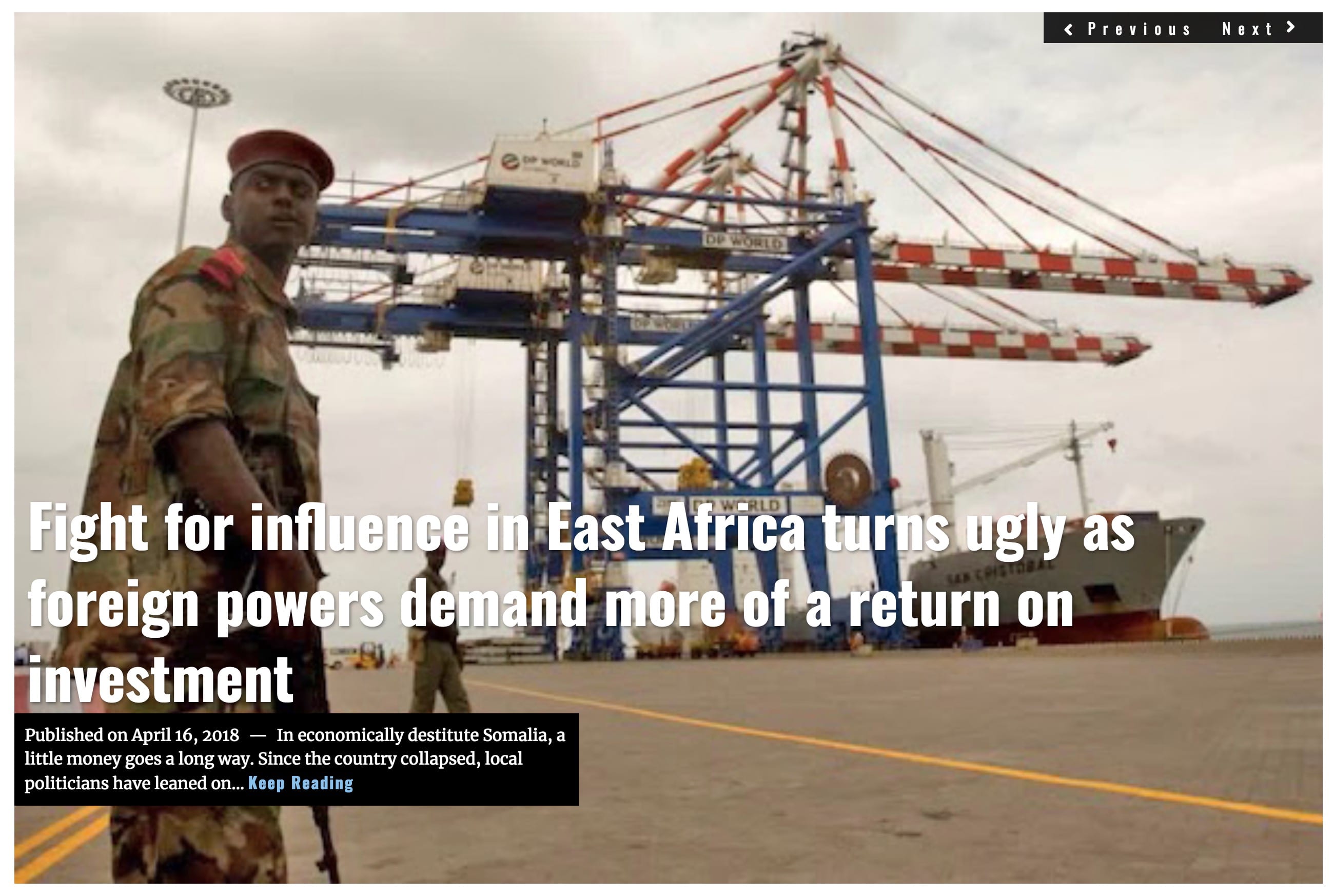
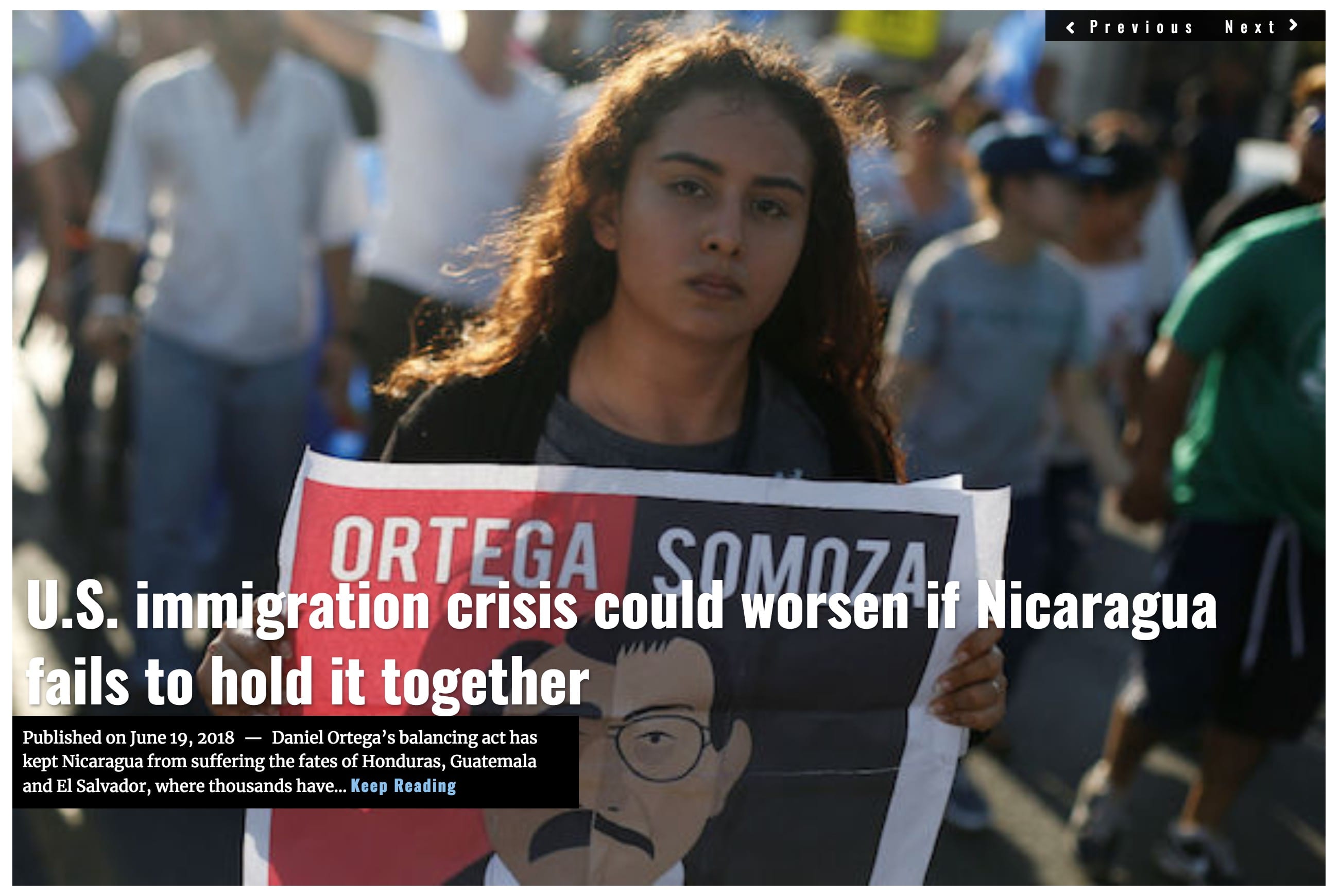
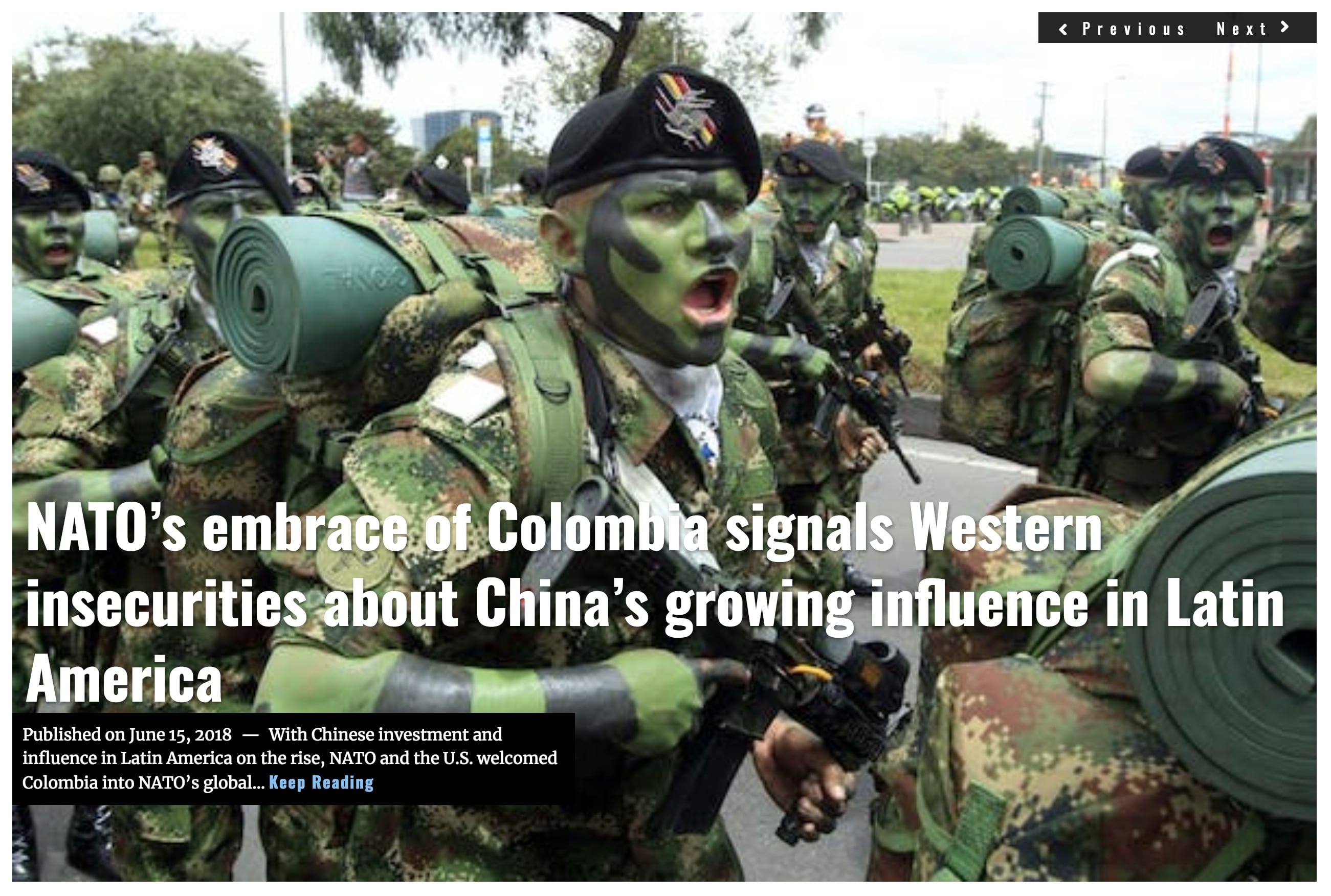
![Image This Week in Business Intelligence [Lima Charlie News]](https://limacharlienews.com/wp-content/uploads/2018/03/This-Week-in-Business-Intelligence-Lima-Charlie-Business-Intel-Report-480x384.png)
![Ethiopia returns to a state of emergency [Image: Tiksa Negeri/Reuters]](https://limacharlienews.com/wp-content/uploads/2018/02/Ethiopia-unrest-FEB-2018-480x384.jpg)
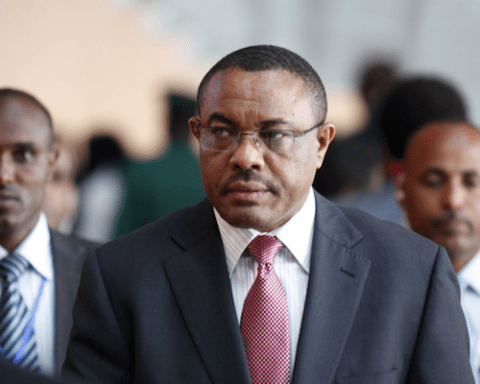
![Africa’s Elections | In Malawi, food, land, corruption dominate [Lima Charlie News]](https://limacharlienews.com/wp-content/uploads/2019/06/Malawi-election-Food-land-corruption-480x384.jpg)
![Image The Rwandan Jewel - Peacekeepers, Conflict Minerals and Lots of Foreign Aid [Lima Charlie World]](https://limacharlienews.com/wp-content/uploads/2019/03/Rwanda-Jewel-480x384.jpg)
![Image [Women's Day Warriors - Africa's queens, rebels and freedom fighters][Lima Charlie News]](https://limacharlienews.com/wp-content/uploads/2019/03/Womens-Day-Warriors-Lima-Charlie-News-480x384.jpg)
![Image Zimbabwe’s Election - Is there a path ahead? [Lima Charlie News]](https://limacharlienews.com/wp-content/uploads/2018/09/Zimbabwe’s-Election-Is-there-a-path-ahead-Lima-Charlie-News-480x384.png)
![[Silver lining for China in Zimbabwe’s violent elections][Lima Charlie News]](https://limacharlienews.com/wp-content/uploads/2018/08/Screen-Shot-2018-08-02-at-12.51.35-PM-480x384.png)
![Image This Week in Business Intelligence [Lima Charlie News]](https://limacharlienews.com/wp-content/uploads/2018/03/This-Week-in-Business-Intelligence-Lima-Charlie-Business-Intel-Report-150x100.png)
![Ethiopia returns to a state of emergency [Image: Tiksa Negeri/Reuters]](https://limacharlienews.com/wp-content/uploads/2018/02/Ethiopia-unrest-FEB-2018-150x100.jpg)